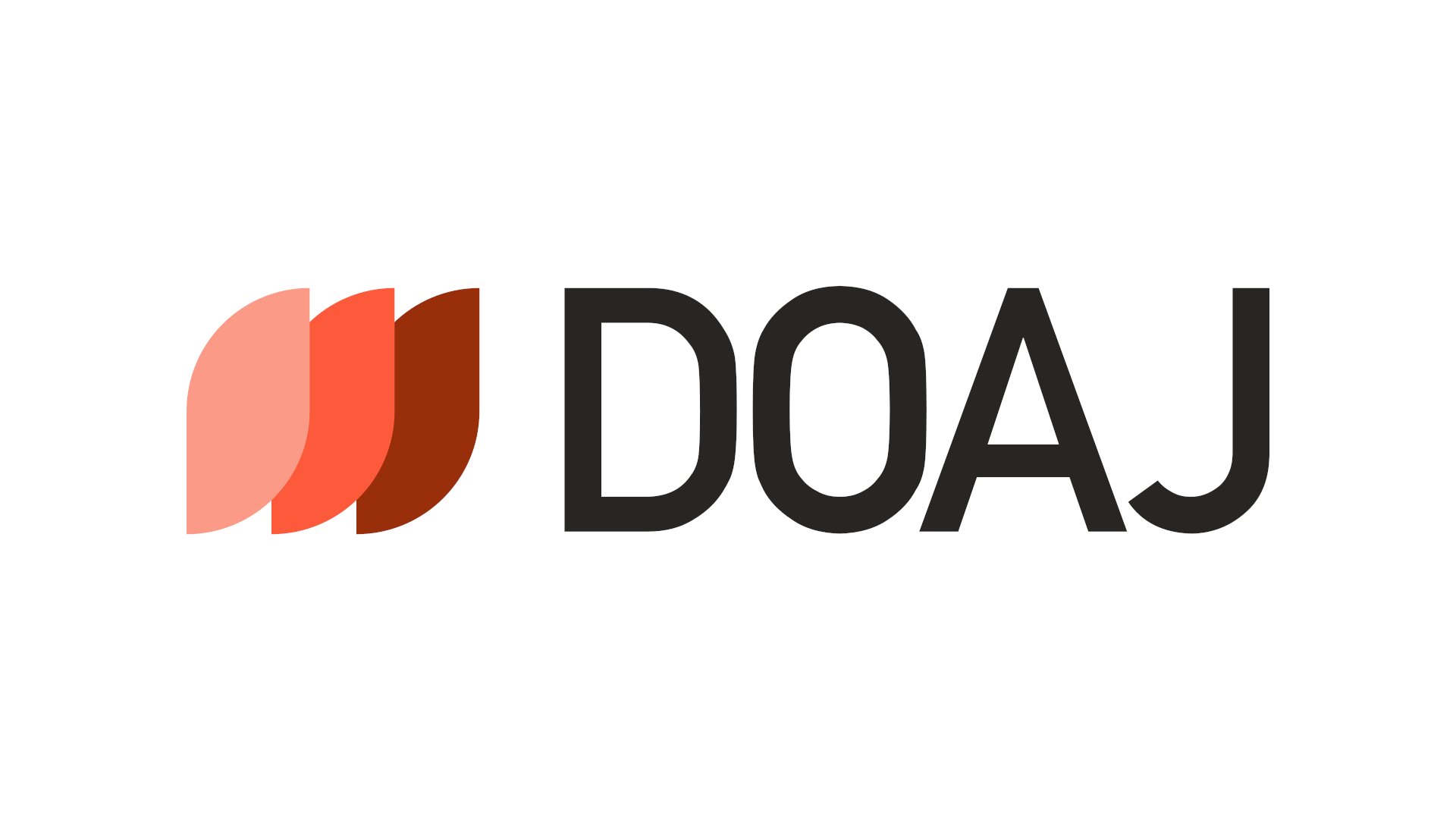Analisis Bibliometrik Perkembangan Penelitian Kewirausahaan pada Era Teknologi Digital
DOI:
https://doi.org/10.33022/ijcs.v13i3.3948Keywords:
Entrepreneurship, Digital, Bibliometric, Bibiloshiny, Research TrendAbstract
Entrepreneurship in the digital age has gone through a significant transformation, offering new opportunities for entrepreneurs to enter global markets efficiently and cost-effectively. Access to digital tools and online platforms lowers entry barriers, enabling individuals of diverse backgrounds to launch new ventures and develop innovations that are effective in meeting specific market needs. Amidst this evolution, digital entrepreneurship is becoming key for developing countries to integrate in the global economy, overcoming geographical and infrastructural barriers. Nonetheless, persistent challenges such as the digital divide require investments in infrastructure and technology education to utilize the digital economy inclusively. The dynamic digital marketplace requires entrepreneurs to continuously adapt to the latest technological developments to remain competitive. This research uses bibliometric analysis to map and understand trends in digital entrepreneurship research, identifying 218 relevant documents from 2019 to 2023. This analysis shows that there is significant research interest in this area, with 405 authors contributing to the growth of the literature. This approach reveals relationships between keywords that frequently co-occur, allowing researchers to track the development of research themes and project future directions. The main objective of this study is to present a comprehensive overview of entrepreneurship publications in the digital age and provide a reference for researchers to explore existing research gaps. The results of this bibliometric analysis provide insights into the evolution of educational technology, helping to identify and evaluate recent developments and future trends that are important for guiding future educational research and practice.
Downloads
Published
Issue
Section
License
Copyright (c) 2024 lili Safitri Diati, Ganefri, Asmar Yulastri, Nizwardi Jalinus, Jonni Mardizal

This work is licensed under a Creative Commons Attribution-ShareAlike 4.0 International License.





